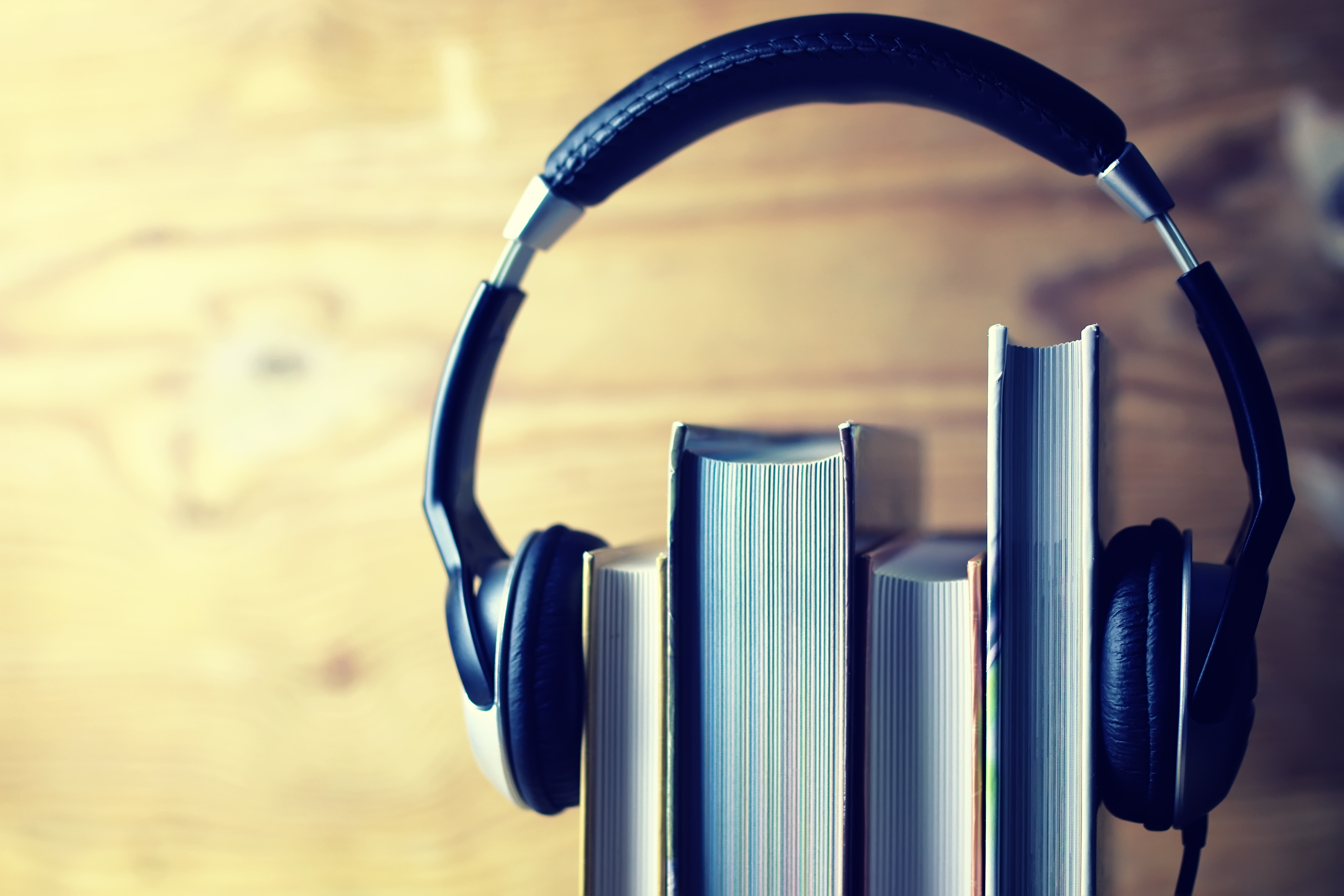By Esinam Asima
To read or not to read that is the question… According to a YouGov survey, the mean number of books read for pleasure by adults in the UK is around 10 each year. Reading a book can be done at different paces, can be of different genres, and can cover various thought-provoking topics therefore, it is an immensely popular activity and is highly encouraged in schools since there is even a day dedicated to books known as World Book Day.
Yet over time, the traditional ways of reading have evolved and, as a result, audiobooks have become accessible so that people can listen to pre-recorded narrations of books rather than read the hardbacks. However, some believe that audiobooks take away the feeling of turning the pages in fresh, newly bought books which can be annotated and have covers that appeal to the younger generations, thus encouraging them to read. Although, one might argue that audiobooks have facilitated the accessibility of literature to a broader demographic in ways physical books could never.
If you are asking how, there are many ways audiobooks have allowed for a wider range of accessibility. For example, since audiobooks are listened to, people who are visually impaired or blind are given the opportunity to listen to their chosen books. In some cases, audiobook creators manage to make sound effects to emphasise the feel of being immersed in the books, allowing people to feel as though they are facing all the hurdles and challenges that the main character is facing in the book. It may also transport you to another place in time or a different corner of the world. These ideas are expressed in the quote by William Styron, “A great book should leave you with many experiences, and slightly exhausted at the end. You live several lives while reading.”
Naturally, as technology has progressed, humans have been drawn to reading many books on apps such as Audible. This app is very useful since you can switch between reading and listening without losing your place, something that is called immersion reading. According to Audible, there are over 50 million paying subscribers to the app. Many people would argue that audiobooks are more convenient due to them being easier to carry around (as the apps can be downloaded on your phone) and listen to when moving from destination to destination. This benefit of easy accessibility allows schools to encourage their dyslexic students to read online, since the apps allow for words to be enlarged and fonts to be changed. ‘Audiobooks can help students who read slowly by allowing them to focus on the meaning of what they’re reading rather than decoding the words on the page’ according to Learning Ally Educators.
Despite the fact that many individuals benefit from listening to audiobooks, hardback books are as effective in helping people to learn to love reading. Admittedly, printing 500,000 to 1 million books every year accelerates the rate of climate change owing to the ongoing consumption of natural resources; however, this can be prevented by simply purchasing 100% ecologically friendly books in stores. Whatever you choose to read, I am confident you will agree with Jeanette Winterson on the fact that “Books and doors are the same thing. You open them, and you go through into another world.”
